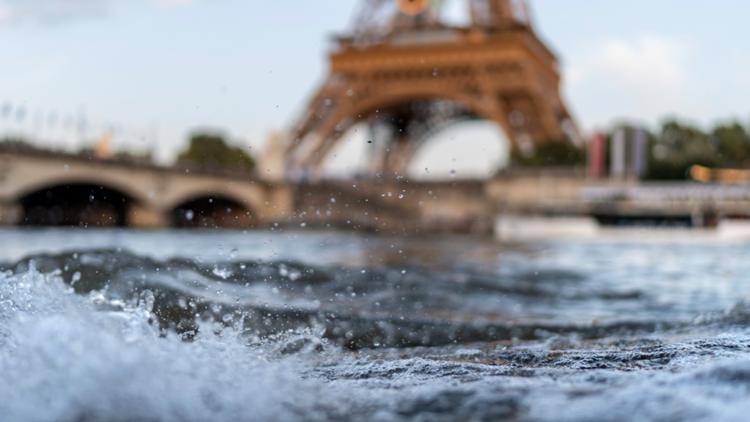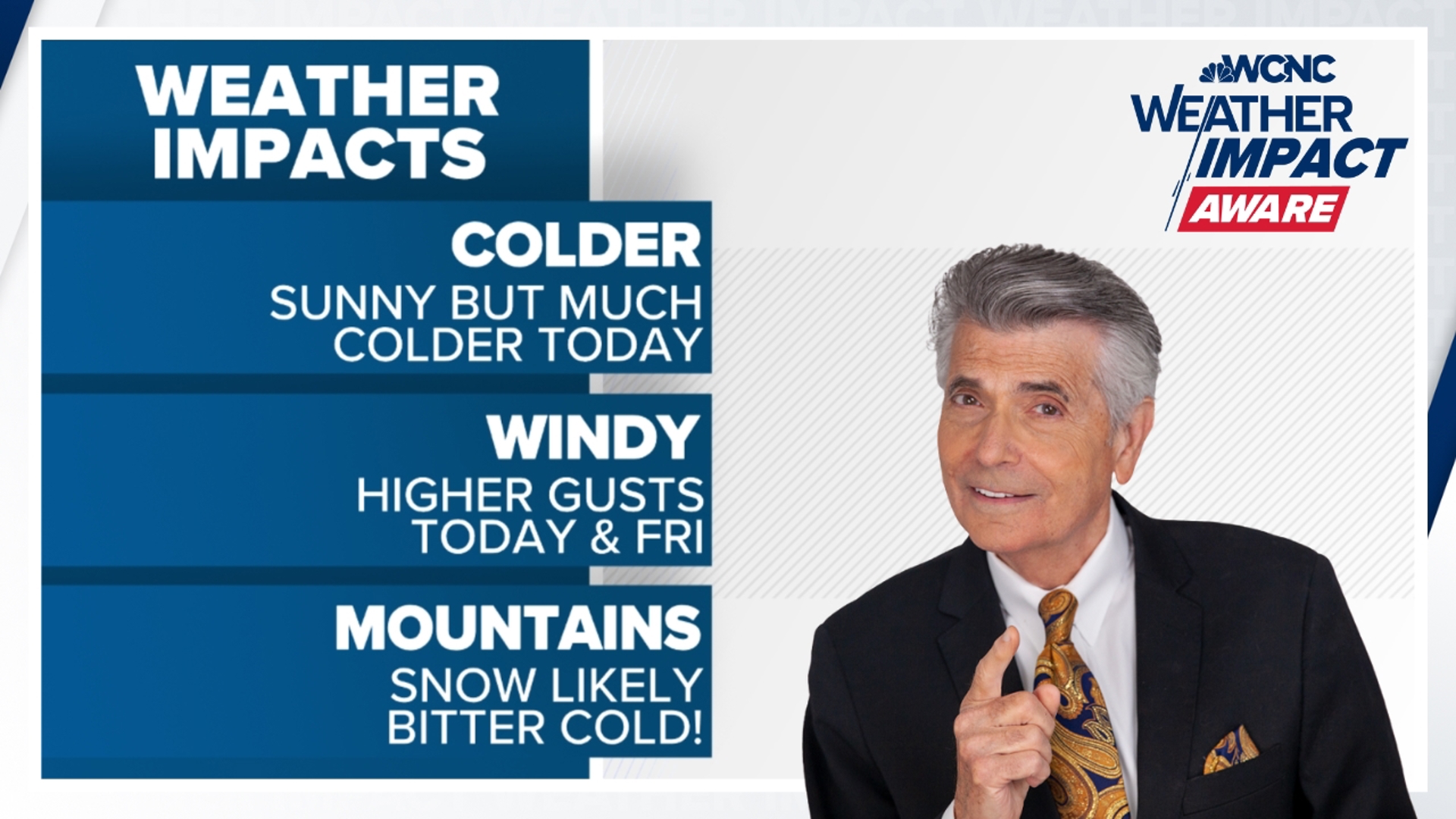PARIS, France — Olympic organizers postponed the men's triathlon early Tuesday after water quality test results showed the River Seine is still too contaminated in some parts to allow athletes to swim.
According to a statement from World Triathlon posted on X, organizers have rescheduled the event for Wednesday morning after the women's triathlon begins, if the water tests come back with appropriate levels. The next backup date is August 2.
The recent rain contributed to the water quality concerns.
Storms or rain are forecast Tuesday night through Thursday, which could complicate efforts to reschedule the events because rain generally causes bacteria levels in the Seine to rise.
Organizers say if elevated bacteria levels persist, the swimming portion of the race will be abandoned and the athletes will compete in a duathlon.
Swimming in the Seine has been banned for over a century in big part because of the poor water quality. Organizers have invested 1.4 billion euros ($1.5 billion) to prepare the river ahead of the Olympics.
In addition to the swimming part of the men's triathlon, the women's triathlon and the triathlon mixed relay scheduled for next Monday, the Seine is expected be used for the marathon swimming competitions on Aug. 8 and 9.
Daily water quality tests in early June indicated unsafe levels of E. coli bacteria, followed by recent improvements. Some of the measures put in place to improve the water quality include the construction of a giant basin to capture excess rainwater and keep wastewater from flowing into the river, renovating sewer infrastructure and upgrading wastewater treatment plants.
High levels of E. coli in water can indicate contamination from sewage. Most strains are harmless and some live in the intestines of healthy people and animals. But others can be dangerous. Even a mouthful of contaminated water can lead to diarrhea, and the germ can cause illnesses such as infections in the urinary tract or in the intestines.
Paris Mayor Anne Hidalgo took a very public swim in the river about two weeks before Olympic events were set to start, hoping to ease fears about the long-polluted waterway being clean enough to host swimming competitions.
The Associated Press contributed to this story.



